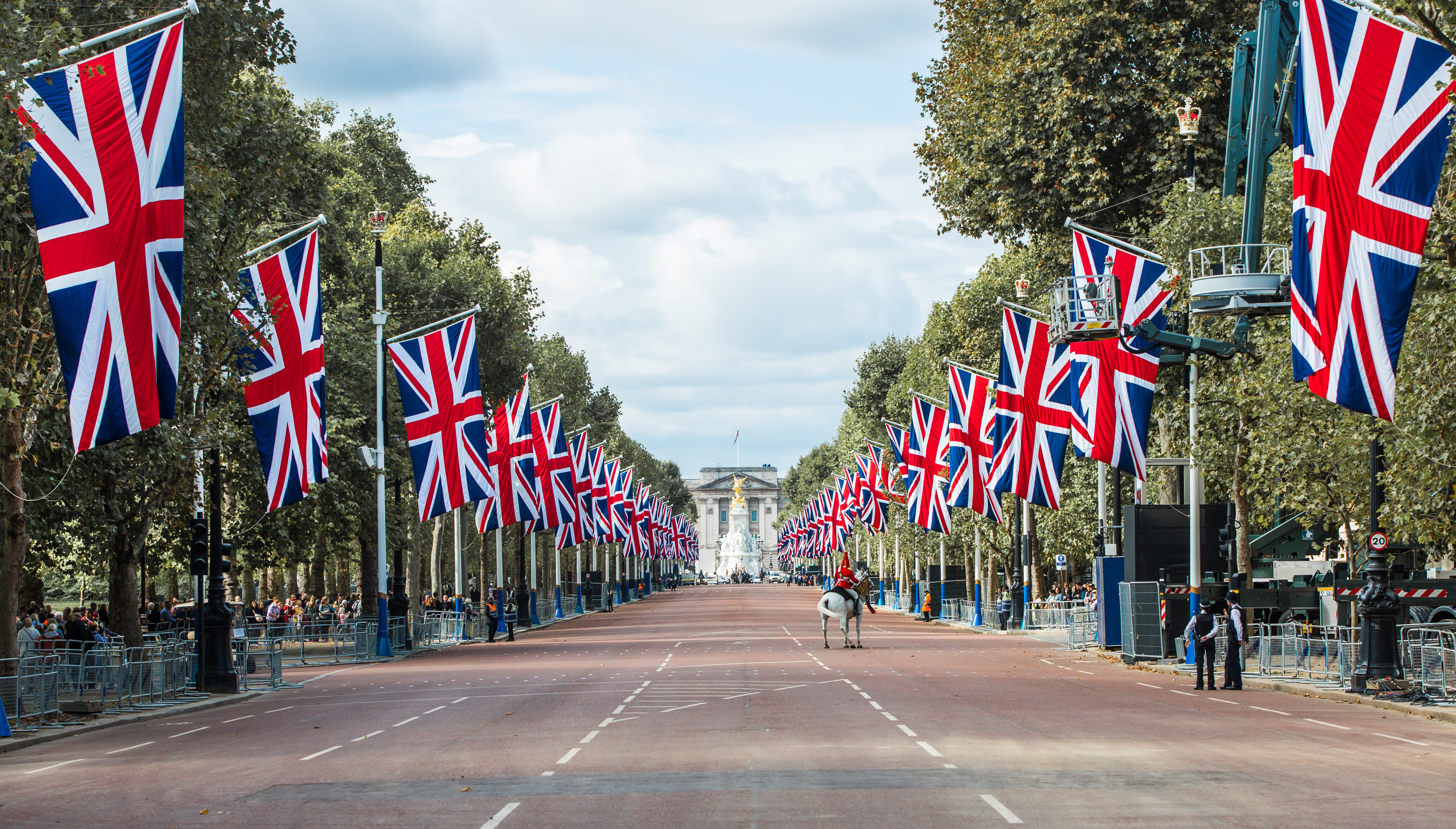By Antonia Carter
Recently, there has been widespread commotion regarding the Princess of Wales Kate Middleton and her disappearance from the public eye in addition to King Charles’ announcement of a treatment for an enlarged prostate which revealed an undisclosed form of cancer. After announcing an abdominal surgery on 17th January 2024 in a post online, Kate Middleton instantly became the focal point of a media storm and became subject to a variety of conspiracy theories across the internet where many theorised about her whereabouts and her health. The post mentioned she would only return to public duties after Easter. A statement was also made requesting for her privacy to be respected. According to Vogue ‘The Princess of Wales appreciates the interest this statement will generate,” a Kensington Palace representative wrote. “She hopes that the public will understand her desire to maintain as much normalcy for her children as possible.”
However, this is not an unfamiliar occurrence as, in the past, royalty has often been at the centre stage of British media, postered on the front cover of every newspaper and broadcasted on the screens of every television. For example, when the Duchess of Sussex, Meghan Markle was pregnant, it was reported that a member of the royal family had ‘concerns’ about how dark her son Archie would be. This statement caused much debate, leaving many curious about which royal made this ‘thoughtless’ comment.
Let us rewind a couple of decades and remind ourselves of another event which sparked media attention. The death of Princess Diana left the nation in tears as many mourned the loss of such a loved royal figure who defied social norms. Princess Diana’s death continues to elicit conspiracy theories with some believing that the car crash was not a mere tragic accident but a sinister ploy by the agents of the British state or another matter entirely. However, on numerous occasions this has been proven wrong by experts who have conducted a multitude of investigations finding that Princess’ Diana’s death was a result of a drunken chauffeur who was driving her car.
This prompts an important question: Why is British society so fixated with Royalty? Many believe that these events are merely trivial family matters. In an average family, if a relative was diagnosed with cancer, it would not make headlines. If a relative was killed in a car crash, it would not make headlines. If an interracial couple were planning to have a baby, it would not make headlines. So what is it about the Royal Family?
The Royal Family were not reported on in newspapers until around the 19th century, which was marked by significant changes and advancements in printing technology and a rise in mass media. The public gained lots of access to information about the Royal Family; this led to a surge of interest in their personal lives and activities. This has been catapulted in modern society by social media platforms such as TikTok, Instagram, X and Facebook who gorge on conspiracy theories with little regard or interest in the truth or the ramifications of their story.
There are several reasons as to why the British Public has such bittersweet feelings towards the royal family. One reason people adore royalty is because of the traditional ceremonies that the family perform and uphold. The British Public like the historical nature of the Royal Family as Britain is one of the few countries in the world which still has a monarchy. Secondly, as children we are brought up ingrained with the belief that royalty should be admired and cherished. The royal family are subservient to the public by being the heads of charities and partaking in charitable actions. However, the work of the royals comes at a cost to the UK taxpayer. In 2022-23, according to the Royal Family, a total of £86.3 million was spent on the Sovereign Grant. In contrast, the Regional Studies Association has estimated the Royal Family’s annual contribution to the UK economy to be £1.766 billion. It is unclear as to whether this is the money the members of the Royal Family bring in themselves or if it is generated by the historical houses and other UK assets that they look after.
The never-ending requirement for news stories and celebrity gossip will mean that the Royal Family will always be popular. This has become magnified in the 21st century due to the development of social media where people can invent their own ‘news’. Although the Royal Family does bring revenue to the UK, many protest that UK taxpayers spend too much of their hard earned money on what some regard to be an outdated institution, which could instead be used to fund charitable causes or to invest in other areas of the economy.
